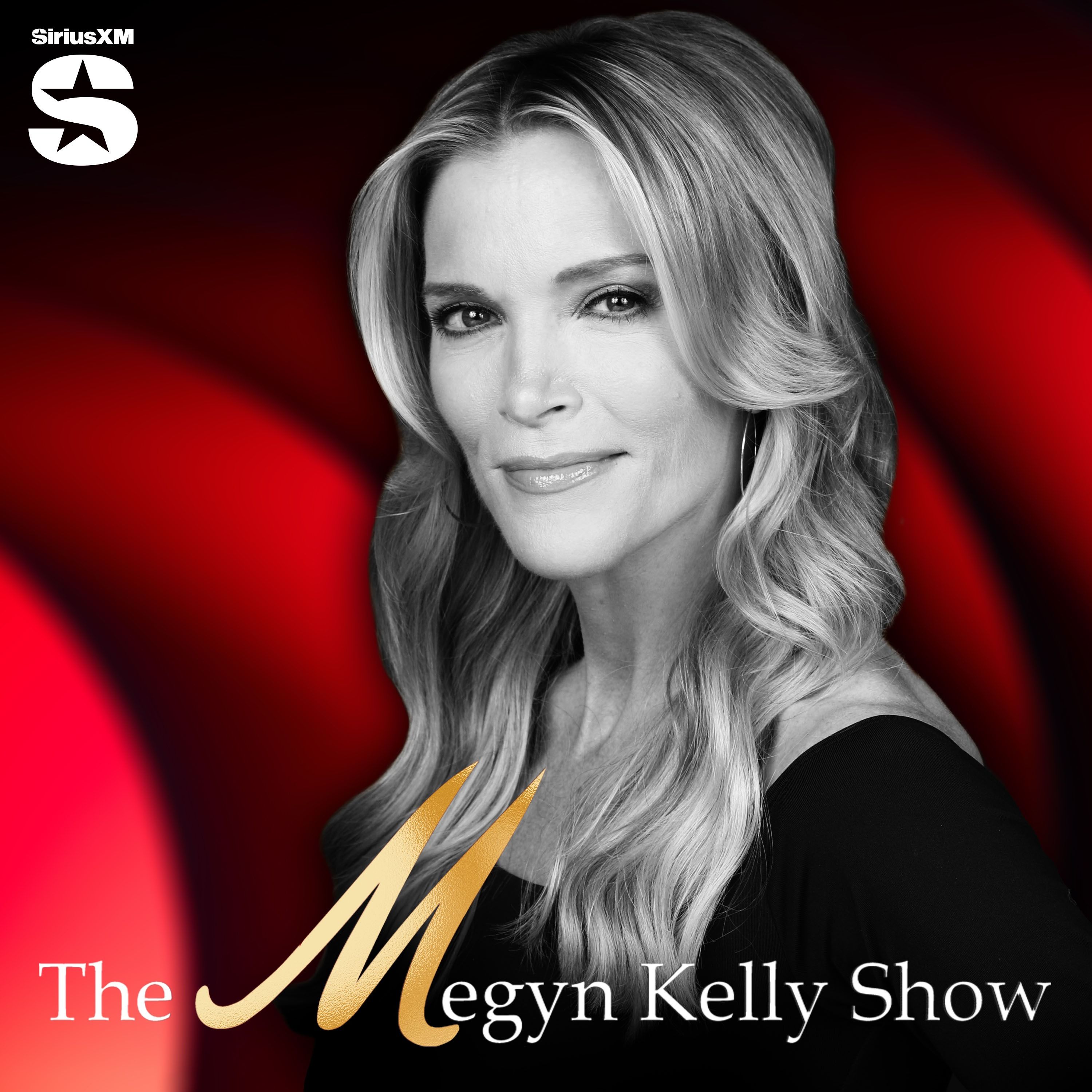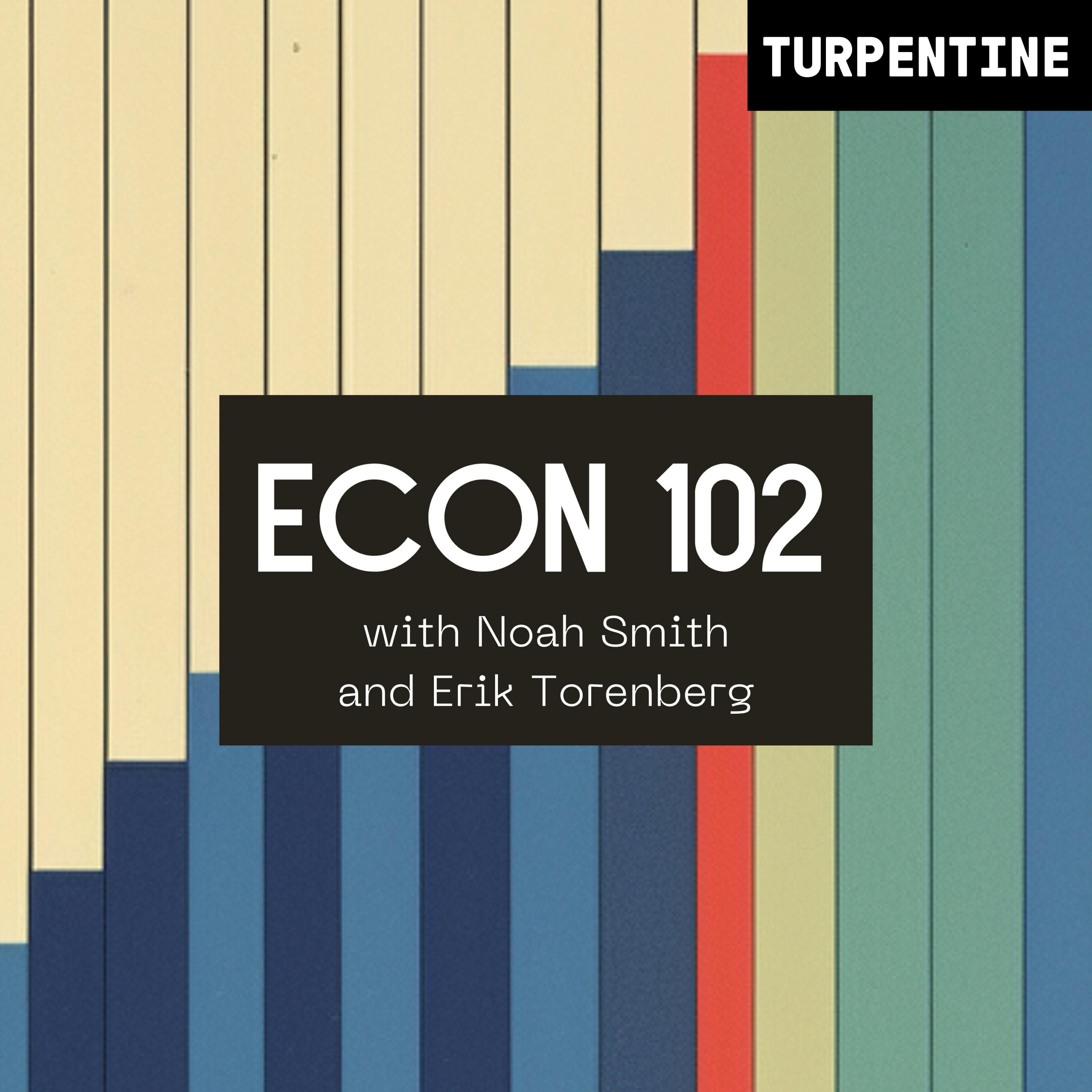PortalsOS
Related Posts
Vote to see vote counts
Social media acts as both a camera and an engine, revealing truths and driving change by enabling people to share and amplify their perspectives.
Social media acts as both a camera and an engine, revealing hidden truths and driving change in the information environment.

The rise of social media has changed the way we process political events, making them more immediate and emotionally charged.

The current political climate is heavily influenced by social media and meme culture, which can shape public perception and political narratives.

The political landscape is shifting as Democrats gain traction on social media with their messaging during the government shutdown. Ambush moments in the Capitol have also been effective in confronting Republicans.

The involvement of the Florida State Attorney General's Office in the Ronald Xantis case was triggered by media coverage, showcasing the impact of social media in bringing attention to grave injustices and prompting governmental action.
The algorithms of social media platforms are designed to provoke emotional responses, leading to a distorted perception of opposing political views.

Social media can distort reality and create echo chambers, leading to increased polarization.

The idea that social media platforms like Blue Sky lack the power to significantly impact individuals highlights the diminishing fear of online cancel campaigns.

The rise of social media has created a new dynamic where media opposition can enhance the appeal of certain content or figures.